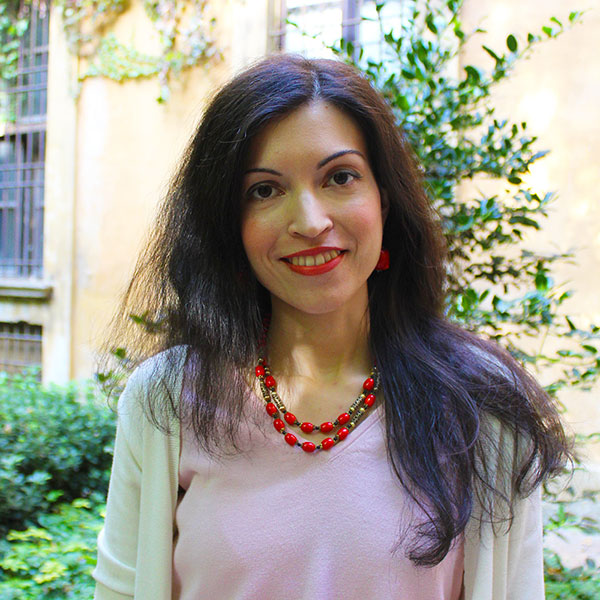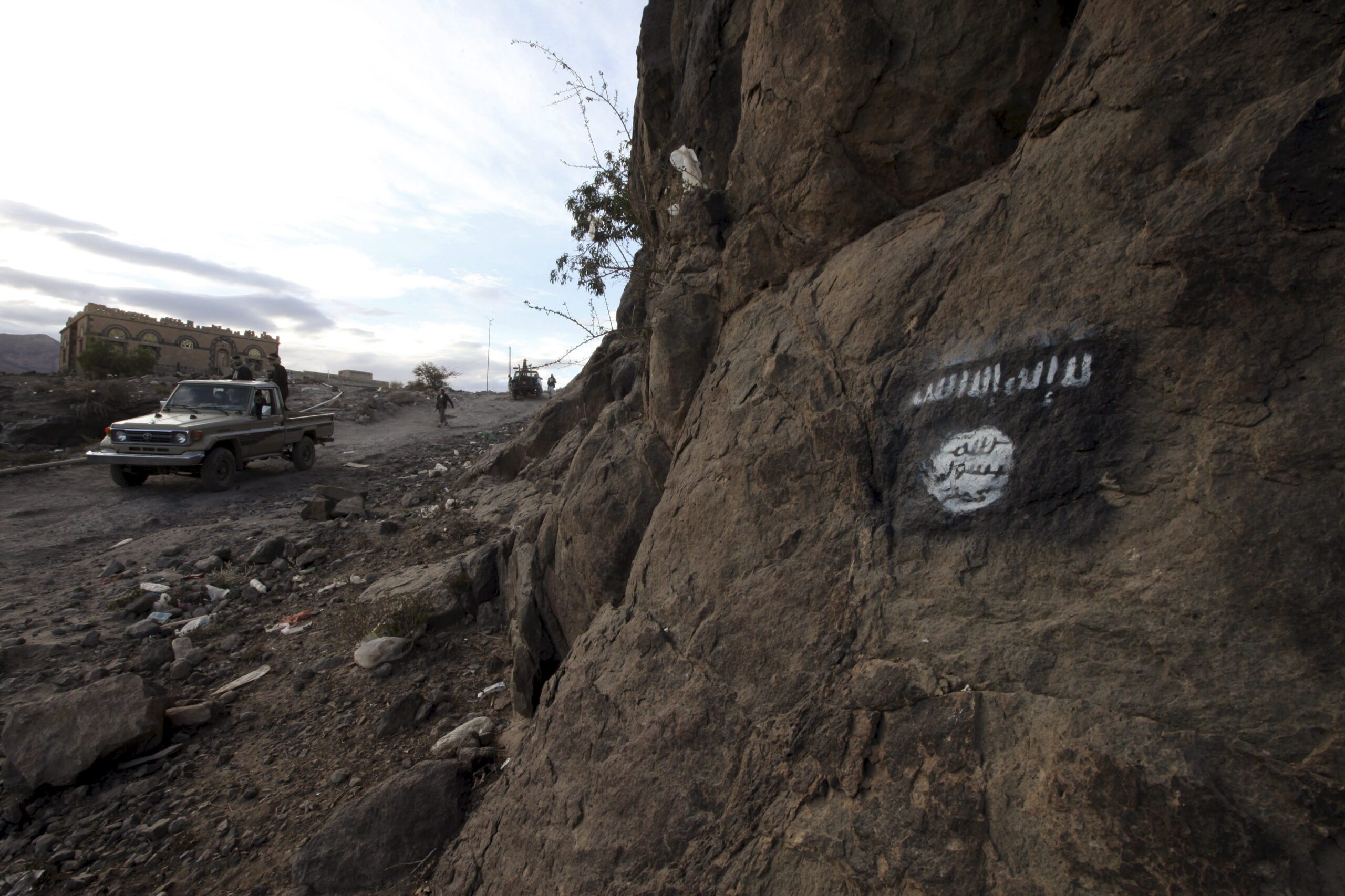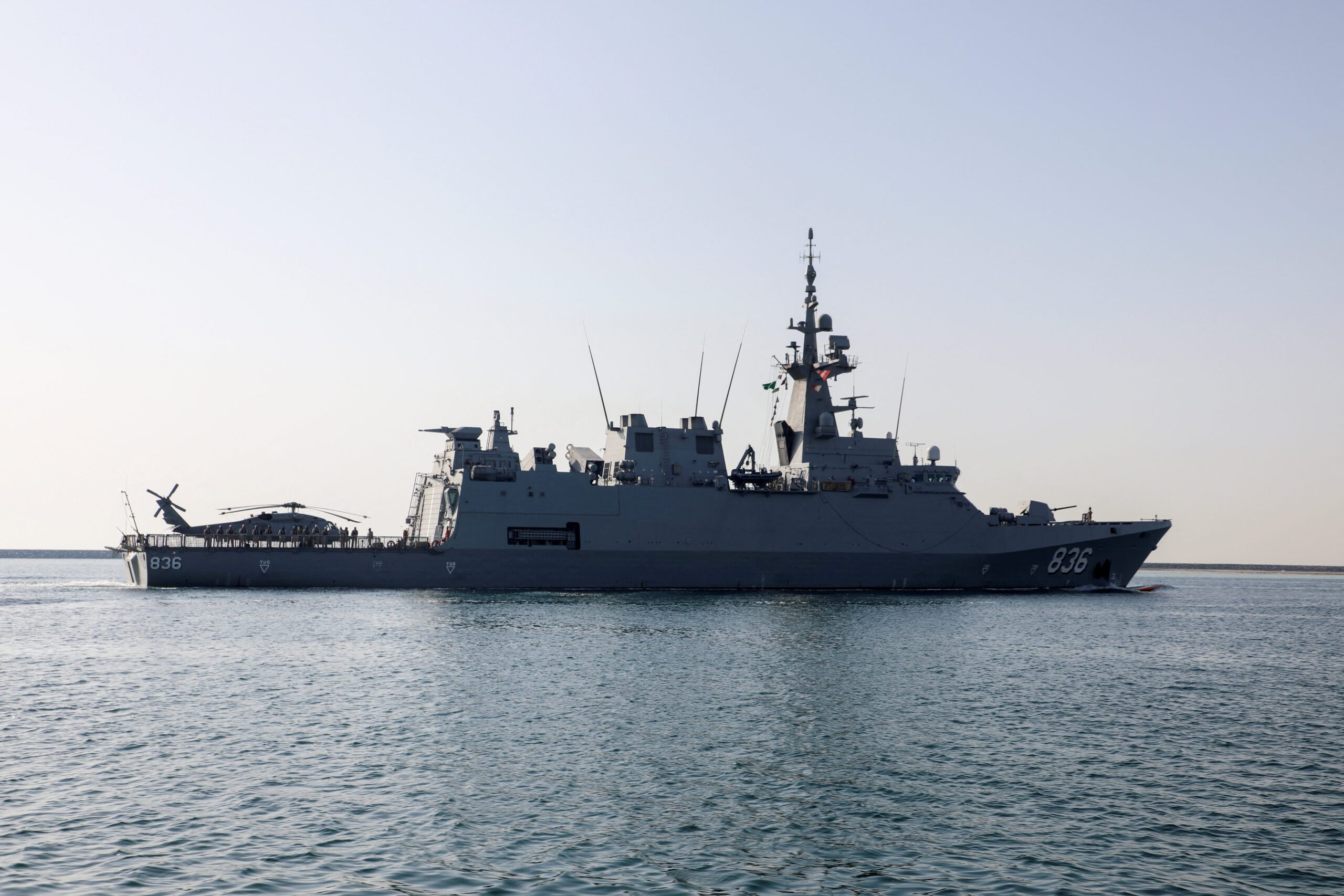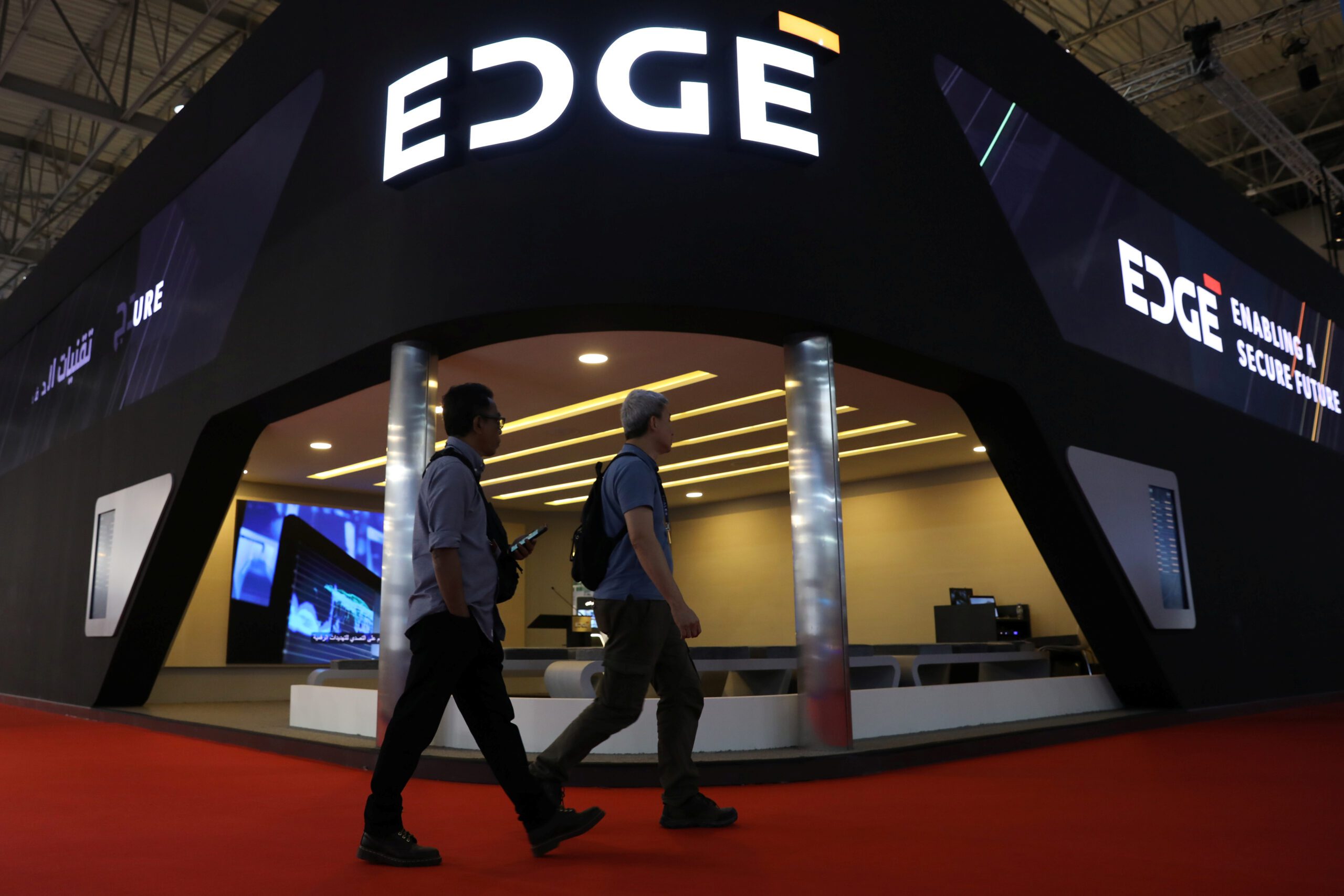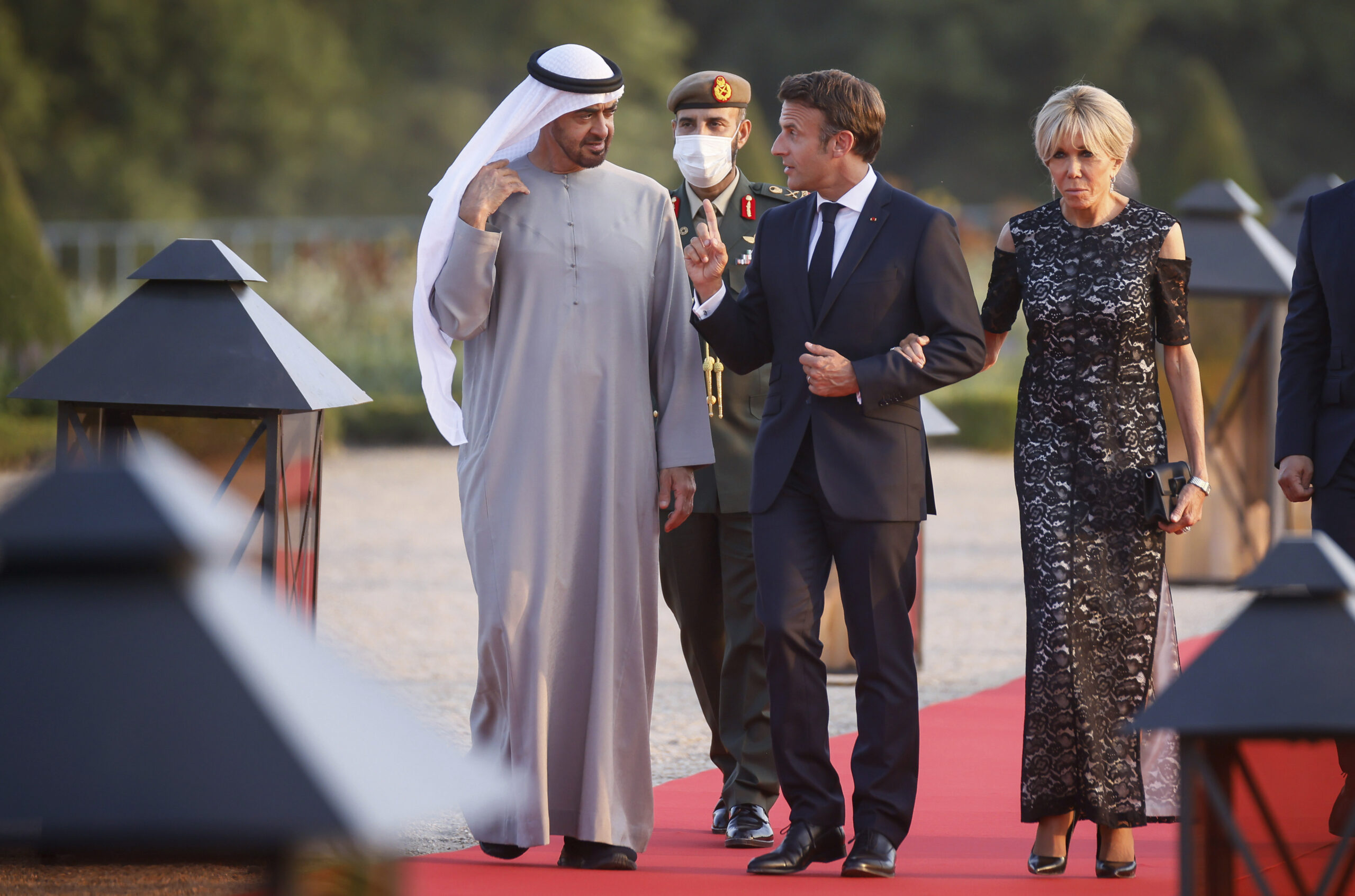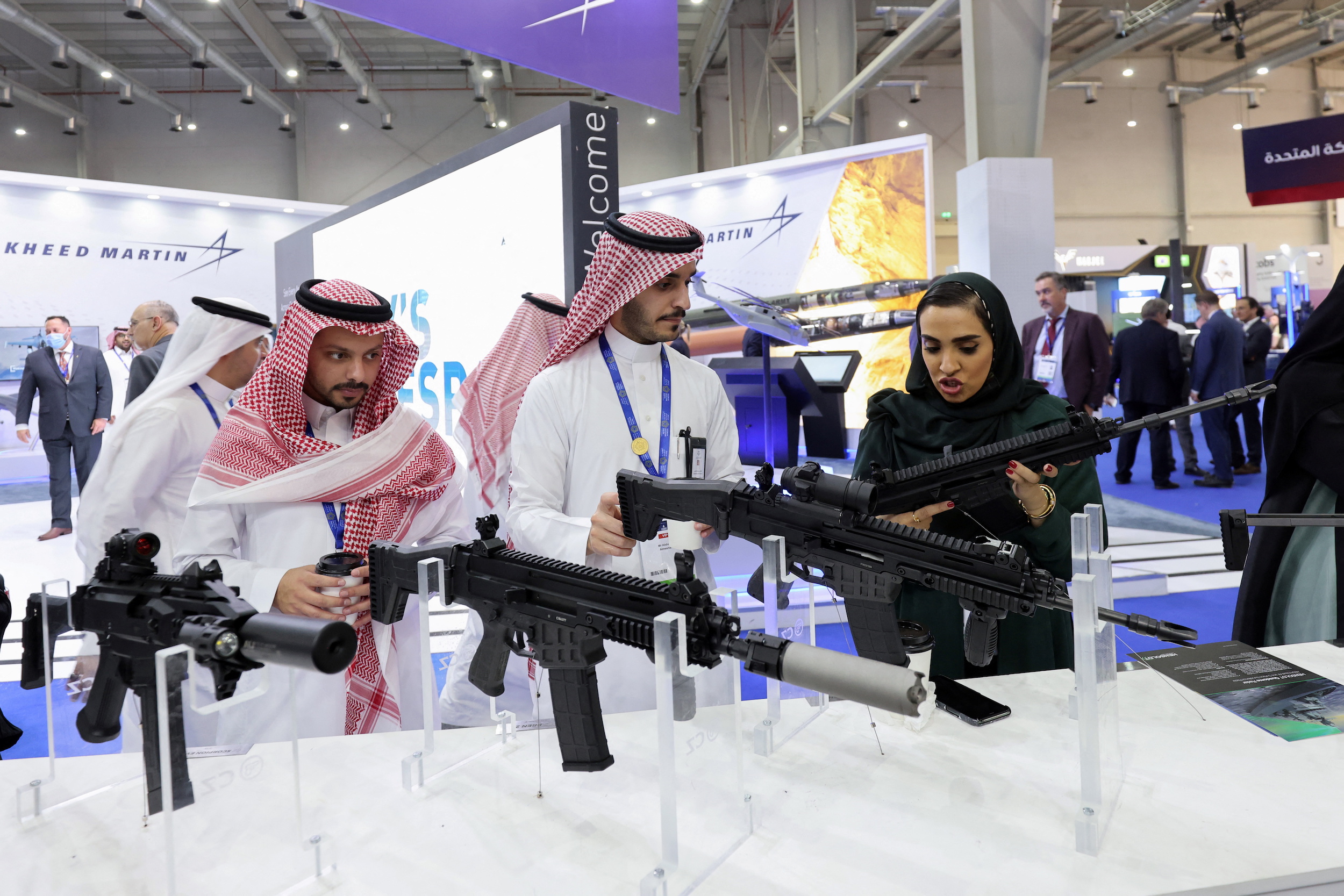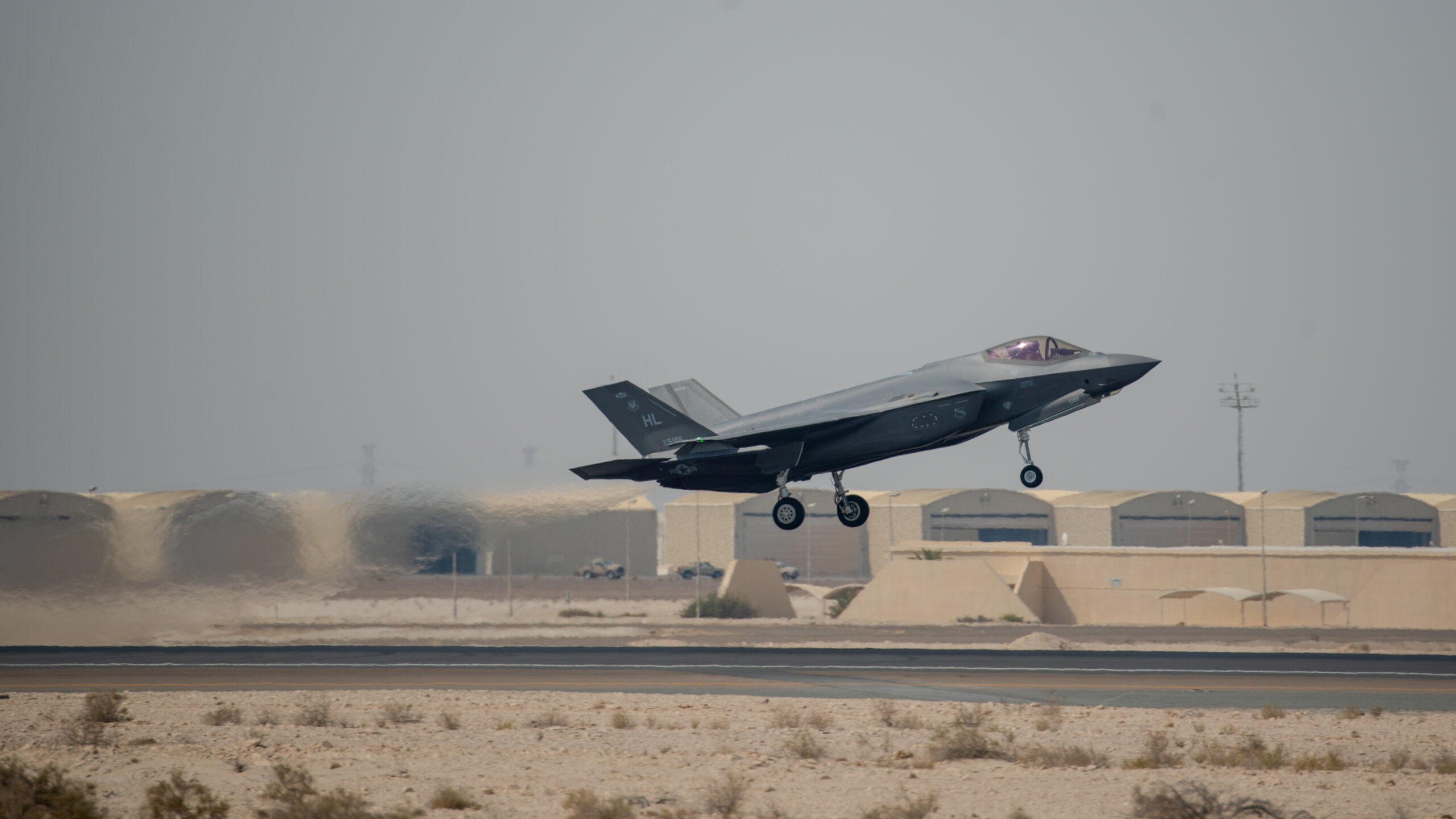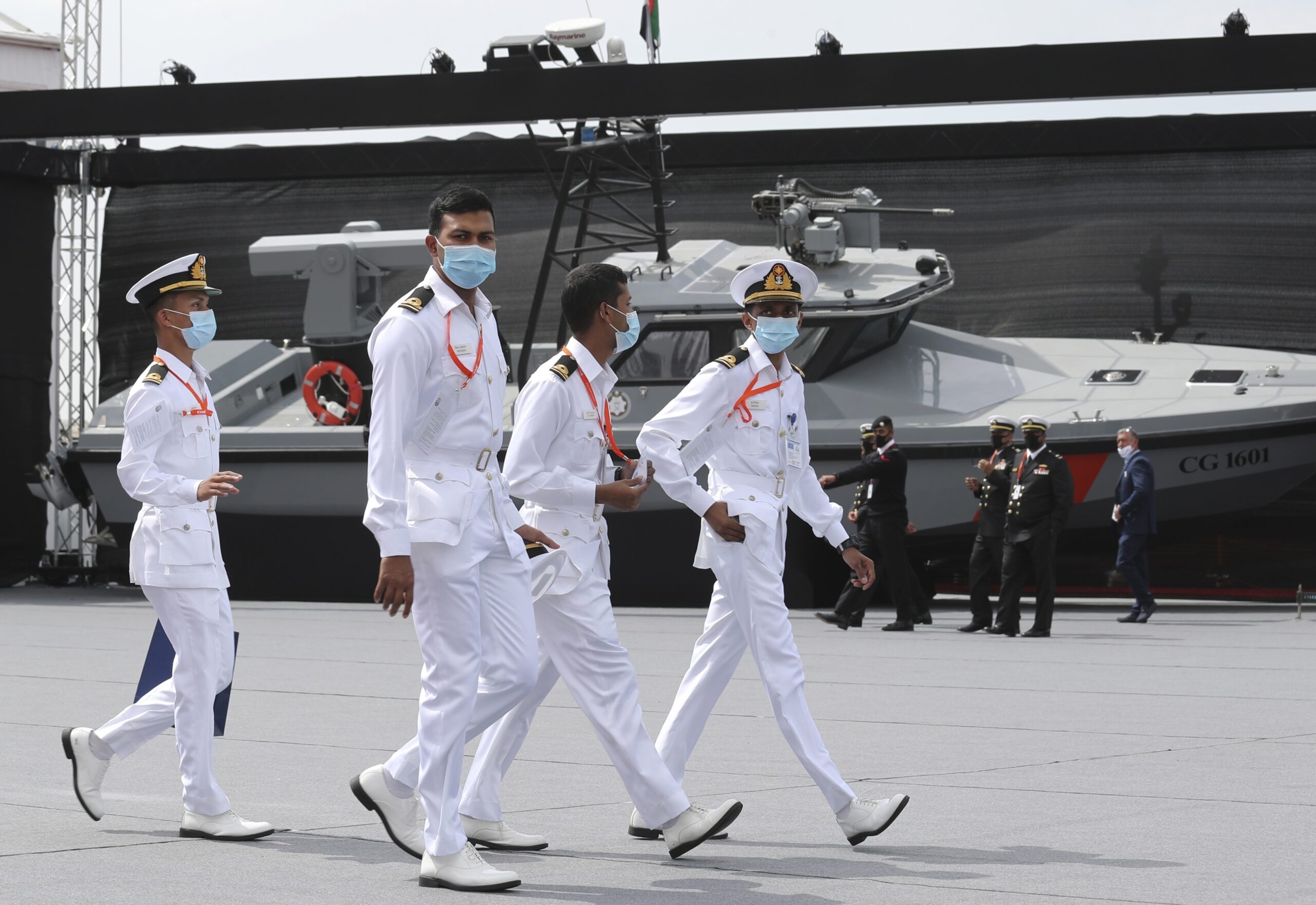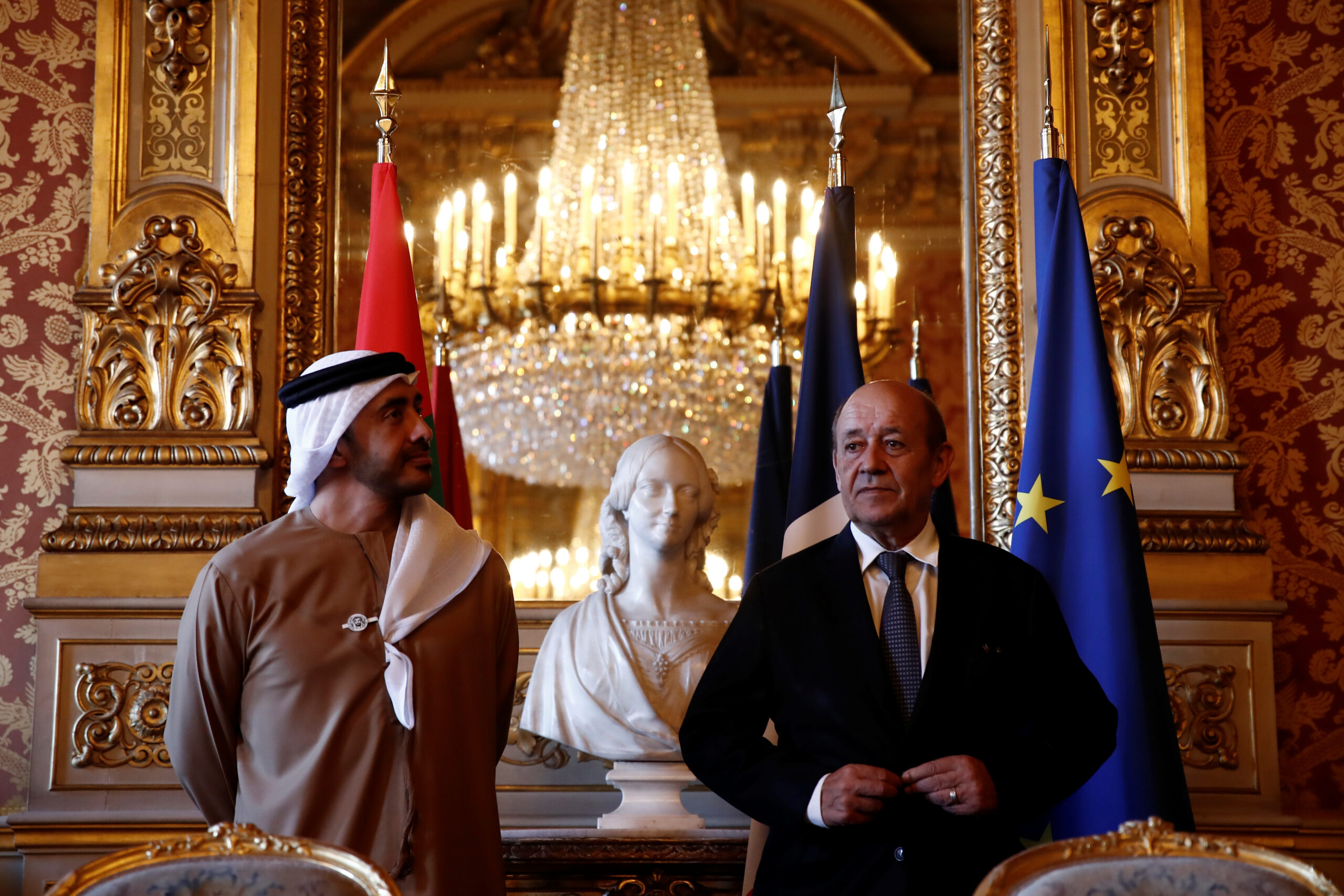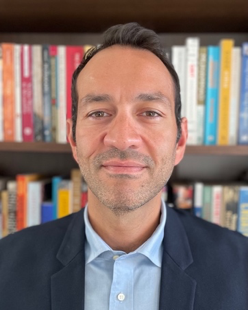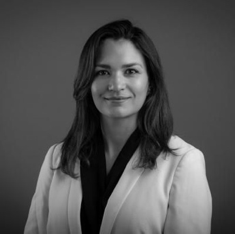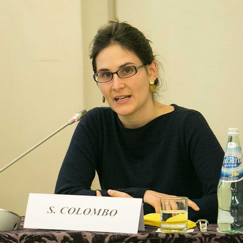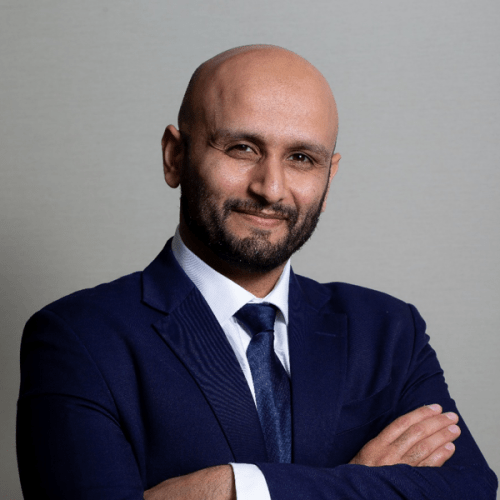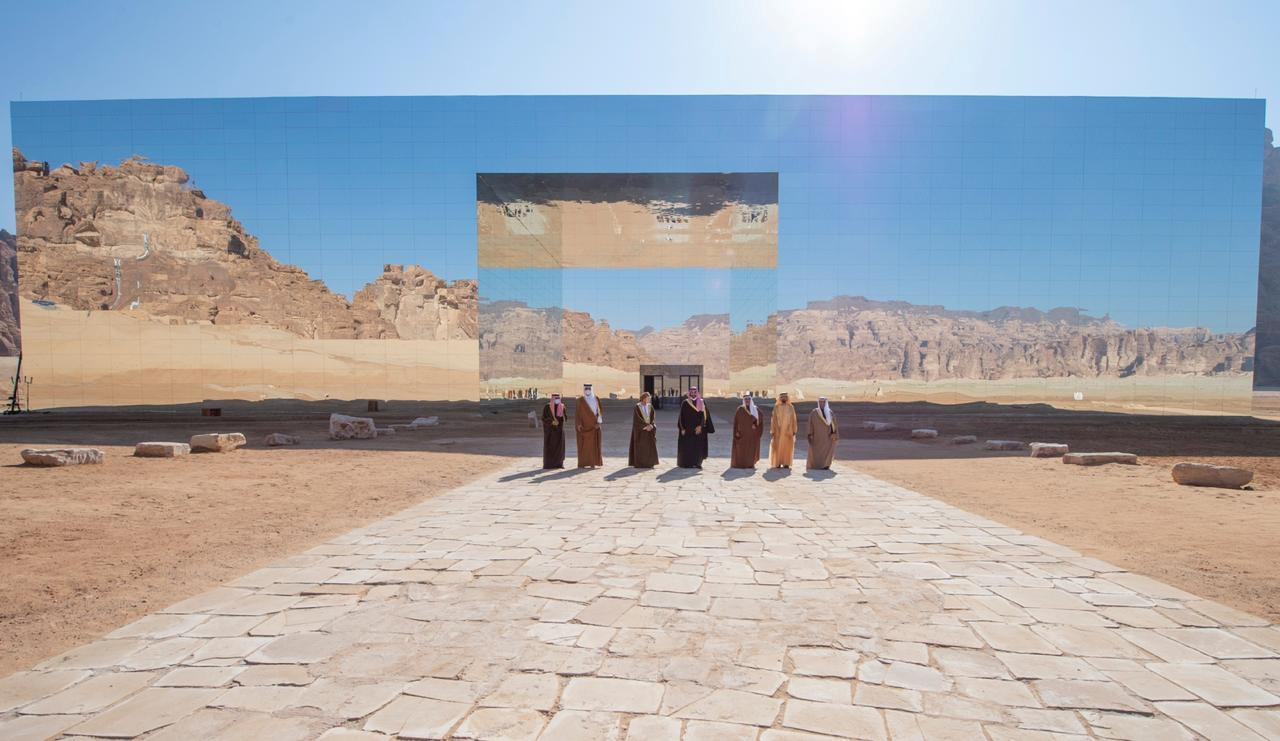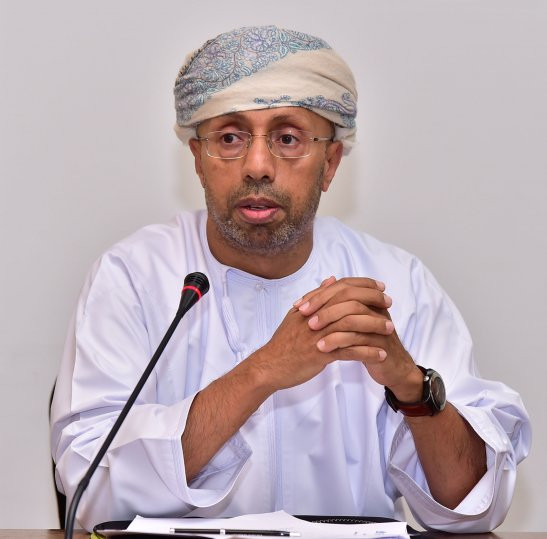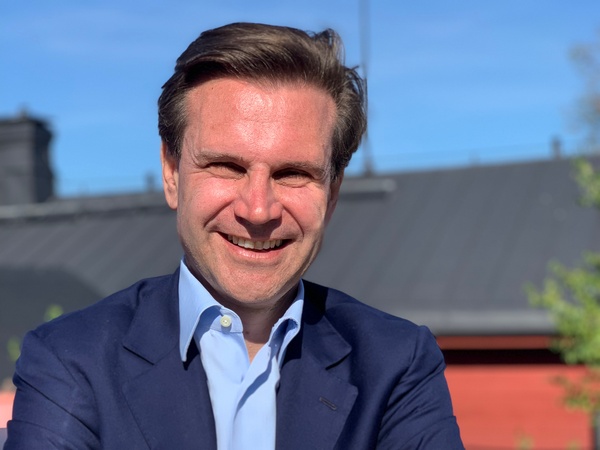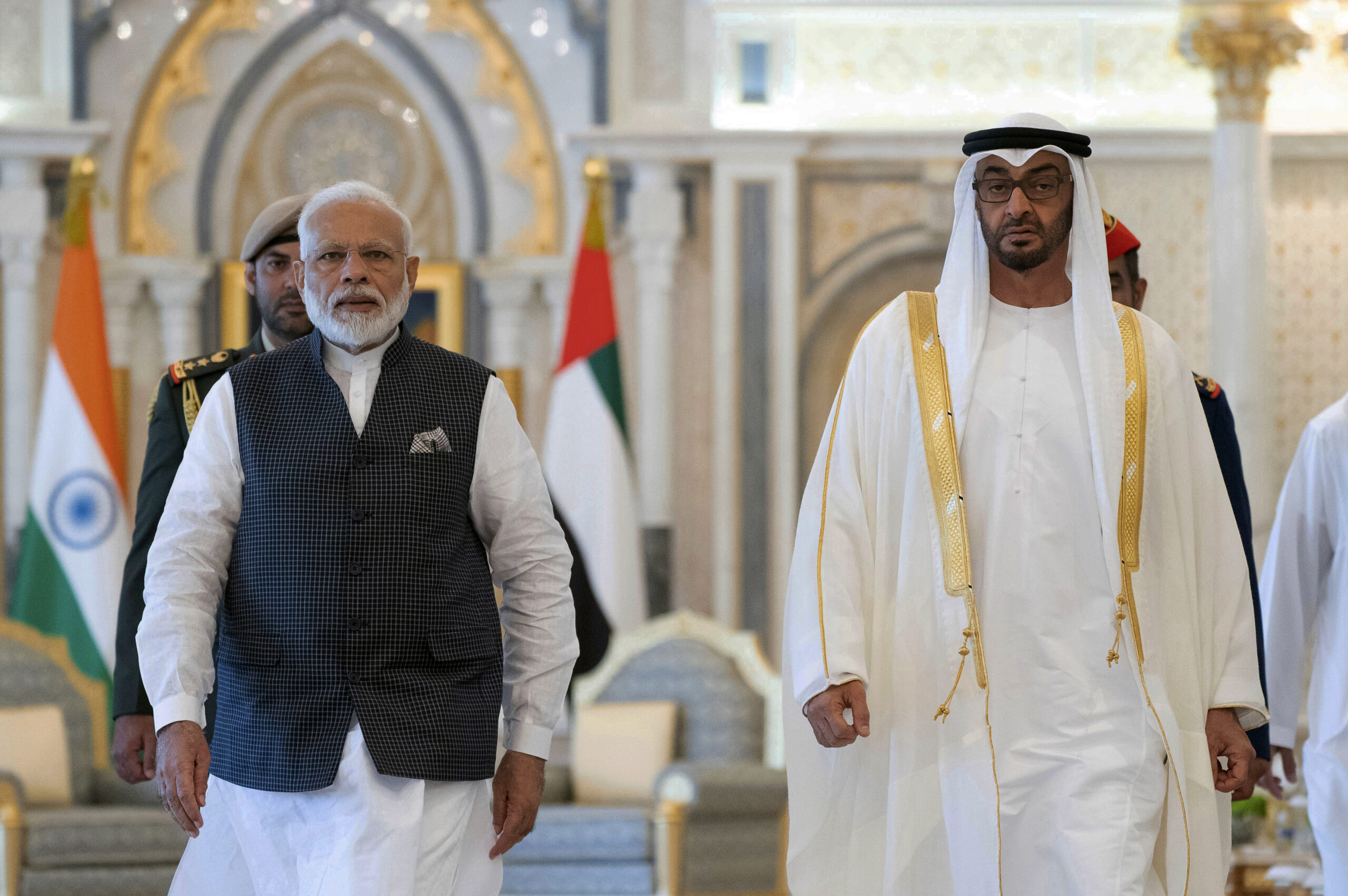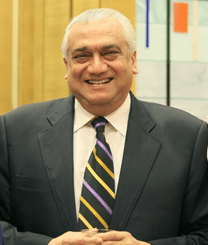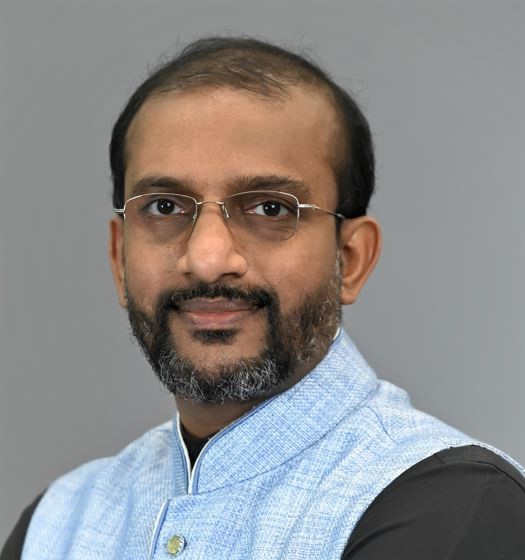IDEX 2021: The UAE Confirms Its Shifting Tide in Defense Procurement
Abu Dhabi’s arms show confirmed the importance of the defense industry for the UAE as a major customer and an emerging and credible player within the global arms trade.
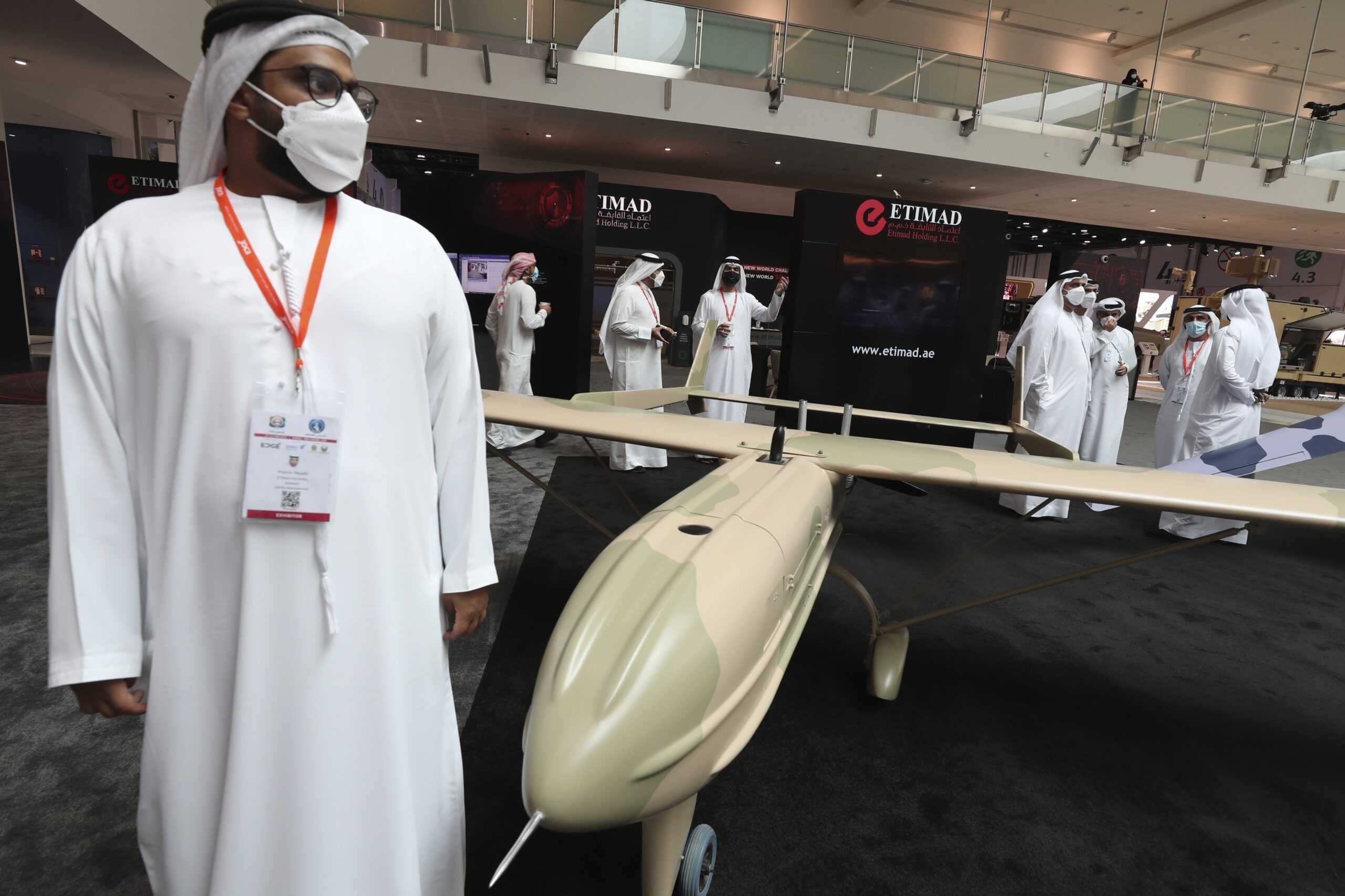
Every two years, Abu Dhabi’s arms show, IDEX, the International Defence Exhibition and Conference, is a must-follow event for all analysts of the United Arab Emirates, especially when it comes to determining, as David Des Roches pointed out in 2019, “how Emirati leaders plan to move forward in their defense acquisition and security self-sufficiency strategies.” This year’s exhibition was possibly even more eagerly anticipated than usual, with questions ranging from the economic impact of the coronavirus pandemic to the possible effect of the change in U.S. leadership to a reprioritization of issues regarding Gulf national security. As IDEX 2021 approached, announcements multiplied by leading global arms companies, such as the Swedish firm Saab, hyping the unveiling of its first product developed in the UAE, but also from UAE military officials, anticipating “a successful IDEX 2021, despite global challenges.” In the end, IDEX 2021 confirmed the importance of the defense industry for the UAE as a major customer but also as an emerging and credible player within the global arms trade.
Since the first IDEX in 1993, the exhibition has been central to the UAE’s – particularly Abu Dhabi Crown Prince Mohammed bin Zayed al-Nahyan’s – strategy to effectively use hard power as a tool of soft power and influence, as well as a way to solidify nationalism. It has also contributed to establishing the country’s position as a strategic hub in many respects, including for the global arms trade. Finally, IDEX – much like the biennial Dubai Airshow – has become a chosen venue for big announcements reflecting the formulation of the UAE’s security strategy. This has especially been the case since the UAE has made the development of a local defense industry central to its economic diversification plan and its ambition to gain greater autonomy and power on the regional and international stage. The formation of EDGE, a comprehensive defense and technology conglomerate that was itself a rebranding and reorganization of the Emirates Defense Industries Company created in 2014, was for instance announced in early November 2019, right before that year’s Dubai Airshow.
This year’s IDEX was particularly eagerly awaited as the pandemic has severely affected the economy of the UAE – and all other Gulf countries. But it was also held amid added scrutiny around arms trade to the Gulf Arab states in the United States and United Kingdom (two of the main weapons exporters to the region) and a broader reorganization of priorities in the agenda of the new U.S. administration. The pressure this environment put on industrial companies to secure their export markets explains, perhaps, the very vocal pledges of enthusiasm leading up to the event by stakeholders such as Raytheon, Nexter, and AM General. In this context, three aspects were particularly important to monitor at IDEX 2021: the amounts of UAE arms purchases themselves, the details of the contracts signed (both the type of systems and the partners), and the narrative surrounding the contracts.
The Defense Industry Remains Central to the UAE Strategy
The main takeaway of this year’s exhibition was that it confirmed the centrality of the defense industry in the UAE’s security strategy. Despite the UAE’s budget limitations due to the economic impact of the pandemic, there was no drop in total arms purchases. IDEX 2021 closed on a total of about $5.7 billion worth of UAE purchases, which tracks perfectly with the two previous exhibitions ($5.45 billion at IDEX 2019 and $5 billion at IDEX 2017). This was somewhat unexpected, since the International Monetary Fund estimated in July 2020 that the Middle Eastern rentier economies could contract by 7.3% amid the pandemic and analysts suggested this would likely translate into cuts in defense spending (including in terms of arms procurement). A few days before the event, Jane’s announced a projected contraction of Gulf defense budgets by 10% in 2021 and assessed that a return to pre-pandemic levels should not be expected before 2024. Staff Brig. Gen. Mohammed Al Hassani, official spokesman for IDEX and the Naval Defence and Maritime Security Exhibition, deemed the total value of deals reached at the event “an indication of success of this exhibition.”
It is not enough to look to pure numbers, however. Another, possibly even more important, takeaway from IDEX 2021 is how it seems to confirm that the UAE is shifting its focus when it comes to the type of materials it is investing in, the partnerships it wishes to establish, and, most importantly, its desire to become a credible new actor within the global arms trade.
Banking on the Niche of Autonomous Systems
Moving away from big contracts with a high political and strategic value (such as the deal with the United States for F-35 fighter jets, which is still frozen and under review), most of the contracts announced at IDEX 2021 confirm an Emirati ambition to prioritize “cyber security, autonomous weapons, advanced technology such as artificial intelligence in defense applications and the protection of supply chains amid the global health crisis,” all of which were the official focus of this year’s arms show. On February 17, at a U.S.-U.A.E. Business Council webinar, Faisal Al Bannai, CEO and managing director of the EDGE Group, stressed the importance the UAE, as a “small country” with “not a large population,” places on autonomous capabilities that act as a “force multiplier.”
The UAE interest in autonomous systems was broadly demonstrated throughout the 5-day event, not merely as a potential customer for foreign companies but also as a manufacturer – the UAE is seemingly keen on developing a niche for itself in these technologies. The Saab RCAM-IR camera unveiled at IDEX 2021 was, for instance, born out of a collaboration with Marakeb Technologies, a UAE-based company that manufactures boats as well as unmanned land, naval, and aerial systems. One key moment on the first day of IDEX 2021 was the unveiling of four multirotor loitering munitions, known as kamikaze drones, by EDGE and ADASI, the EDGE company developing the unmanned aerial vehicle technologies.
Missile Defense, Surveillance, and Partnership With the United States
More traditional capabilities were also on display, and the UAE confirmed an increased focus on intelligence, surveillance, and reconnaissance capabilities as well as missile defense. On the second day, the U.S. firm Raytheon was awarded a 2.6 billion dirham ($701 million) contract to supply missiles and air defense equipment to the UAE air force and air defense. Saab was awarded “the biggest deal of the day,” worth 3.7 billion dirhams (about $1 billion). This was most likely the formal follow-on contract connected to the sale of two GlobalEye systems, the company’s advanced airborne surveillance system that was announced by Saab early January.
Another important takeaway from this year’s IDEX was the potential new dynamics of partnerships it hinted at – not simply through the signing of contracts, but in terms of both the official meetings held by Mohammed bin Zayed and the countries that were represented at the arms show. According to Riad Kahwaji, “one big thing was missing” at IDEX: high-level U.S. official delegations. This could be a sign that relations between Abu Dhabi and Washington are strained against the backdrop of the U.S. review of arms exports to the UAE, something that was for instance illustrated by Emirati officials making “lengthy stops at the Chinese and Russian pavilions that occupied very large areas of the show compared to the US companies.” While it is possible that the UAE wanted to send a message to its strategic partner, one should not read too much into this. Not only were there still close to 60 U.S. companies present at IDEX 2021, but EDGE signaled it wanted in on the F-35 supply chain, once the sale goes through – something that UAE Ambassador to Washington Yousef al-Otaiba said he was confident about. The reduced U.S. engagement at IDEX 2021 was perhaps more a reflection of the fact that U.S. companies were already awarded $24 billion in contracts from Abu Dhabi in 2020 and that the UAE does not need more from them right now.
Securing Clients, Boosting Localization
Much more interesting are the partnerships that the UAE strengthened or created. Mohammed bin Zayed met with representatives from the United Kingdom, Greece, Russia, Ethiopia, Serbia, and Cyprus. Israeli companies also made their debut at the arms show, despite the coronavirus curbs preventing many from traveling to the UAE. And perhaps most significantly, the UAE signed contracts to sell equipment to two important partners: armored vehicles to Saudi Arabia (products from NIMR that will be co-produced with Saudi Arabian Military Industries) and the locally manufactured and designed SkyKnight missile system to Germany (Rheinmetall). These two contracts confirm the growing UAE ambition to become a competitive emerging actor within the global arms trade – at least in some niche fields – which was very apparent in the rhetoric surrounding the arms show.
The narrative surrounding all contracts signed at IDEX 2021 is indeed worth exploring, as a lot of it revolved around the increased strategic autonomy of the UAE when it comes to arms procurement. At IDEX 2019, foreign companies accounted for 65% of UAE purchases, while 35% were landed by UAE contractors, which arguably showed the “ongoing dependency of the UAE on imported military-grade hardware.” At IDEX 2021, however, local companies accounted for about 50% of UAE purchases. Interestingly, articles covering the arms show underlined the overwhelming ratio of contracts awarded to local companies almost every day (78% on Day 1, 79% on Day 3, 66% on Day 4) but not on Day 2 when the highest amount was announced, 95% of which was awarded to international companies. Regardless, a jump from 35% to 50% in local contracts in just two years is evidence that things are starting to shift when it comes to arms sales in – and from – the UAE.
The views represented herein are the author's or speaker's own and do not necessarily reflect the views of AGSI, its staff, or its board of directors.

